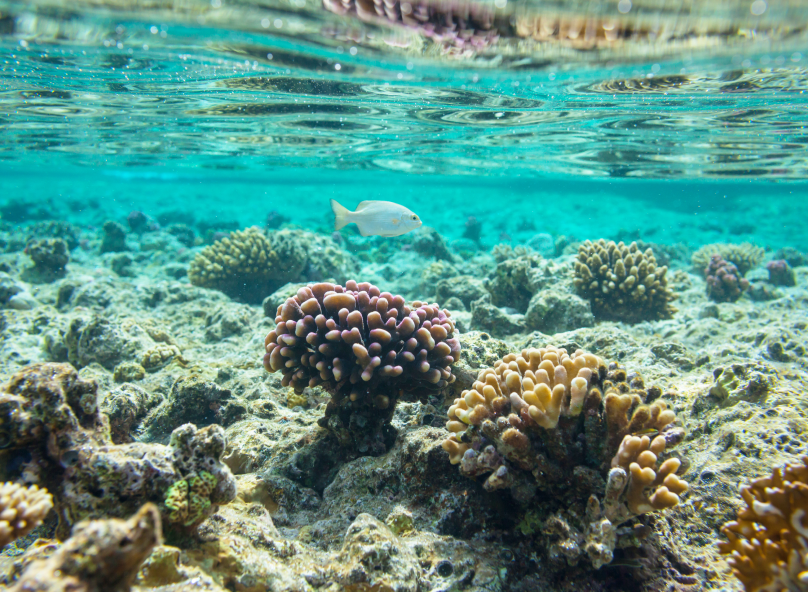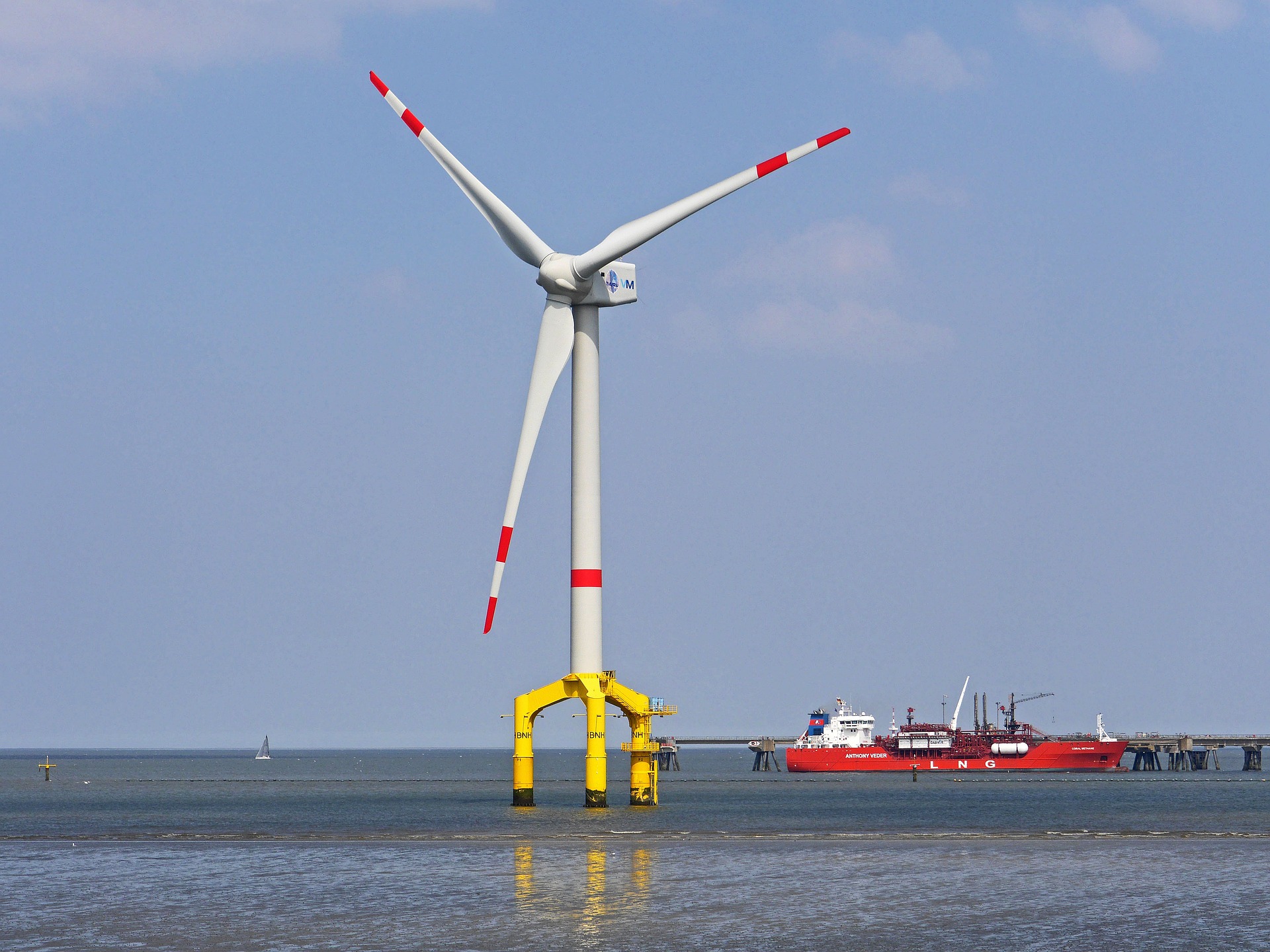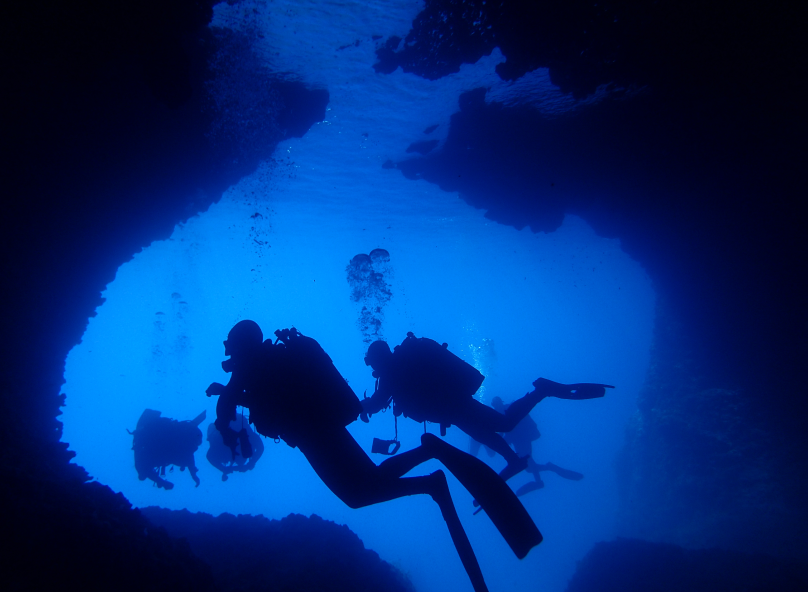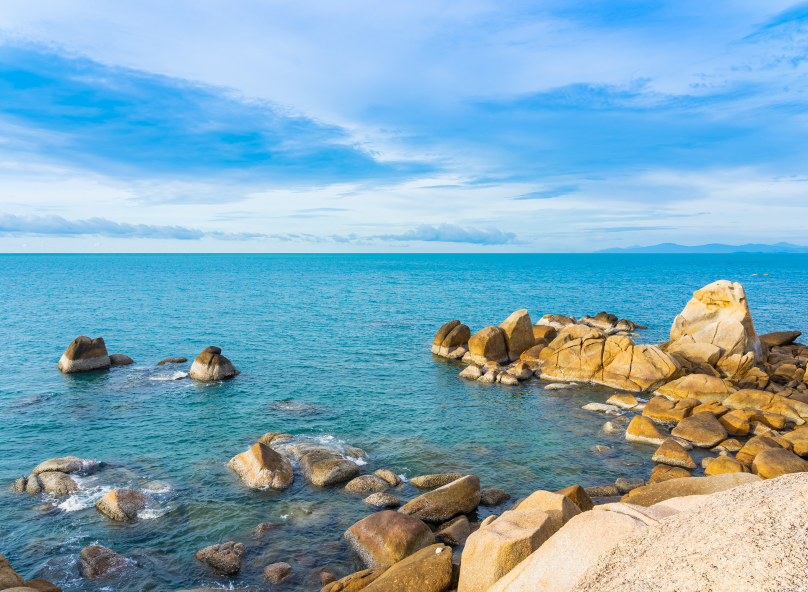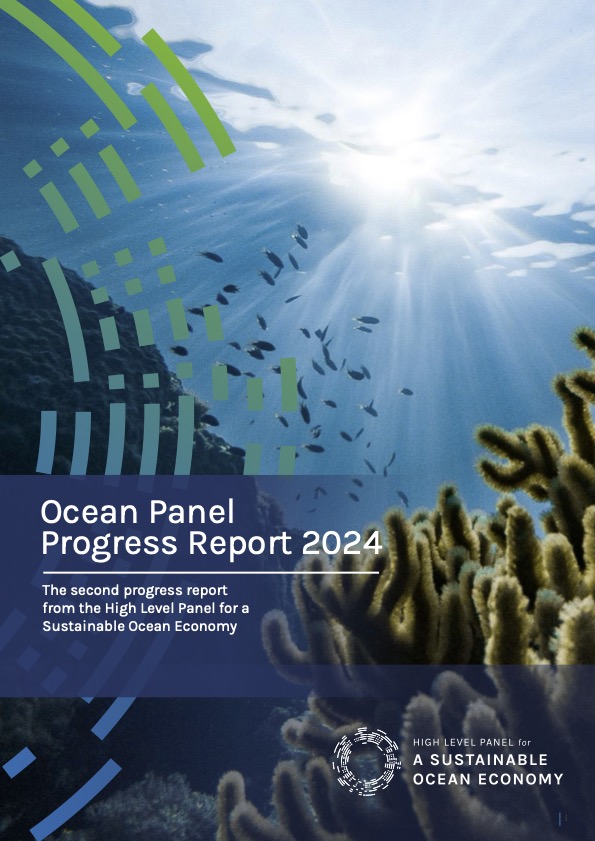Commitments from Ocean Panel member countries were mapped against the Transformations agenda, showing trends from 2017 to 2023
Key Pillars
Le panel de l'océan Transformations agenda outlines a set of ambitious, yet practical recommendations to reshape the way we safeguard and utilise the ocean over the next decade—and ultimately manage humanity’s impacts on it—through transformative actions across these 5 key pillars.
UNdditionally, the relevance and significance of the Ocean Panel’s Transformations agenda does not stop at the shoreline. The agenda directly aligns with the Paris Agreement, the UN Sustainable Development Goals, and 85 percent of the targets of the Convention on Biological Diversity’s Post-2020 Global Biodiversity Framework.
2023 Showed Increases Across All Pillars by Percentage
Building on the 2022 Progress Report, the Ocean Panel is continuing to make significant progress across all five pillars, with a higher number of voluntary commitments and a greater range of commitments across previously overlooked themes.
Richesse
Santé
Équité
Connaissances
Finance
Encouraging Progress
A comparison of the commitments made each year against the five areas of the Ocean Panel’s Transformations agenda indicates that ocean health priorities are being increasingly complemented with commitments for sustainable production, with intensifying efforts on equitable and inclusive ocean economy.
Continued Assessment
Ocean Panel commitments made at the Our Ocean Conference and the UN Ocean Conference will continue to be tracked and progress will be assessed in upcoming progress reports.
Transformations Agenda Outcomes for 2030
The Ocean Panel’s framework consists of a set of 14 outcomes for 2030 across the five pillars and 74 priority actions to achieve them. While Ocean Panel countries have a shared destination in the 2030 outcomes, the priority actions taken by members to achieve these outcomes may vary based on national circumstances, capacity, and priorities.
| Transformation | Résultat 2030 |
|---|---|
|
Transformation
Richesse de l'océan
|
Résultat 2030
Sustainable ocean food: Wild fish stocks are restored and harvested at sustainable levels, aquaculture is sustainably grown to meet global needs and waste is minimised and managed throughout the value chain. Sustainable ocean energy: Ocean-based renewable energy is fast growing and on the path to becoming a leading source of energy for the world. Sustainable ocean-based tourism: Coastal and ocean-based tourism is sustainable, is resilient, addresses climate change, reduces pollution, supports ecosystem regeneration and biodiversity conservation and invests in local jobs and communities. Sustainable ocean transport: Les investissements dans le transport maritime ont effectivement accéléré la transition vers des navires marins à zéro émission et à faible impact. Sustainable new ocean industries: L'innovation et les investissements dans de nouvelles industries océaniques ont stimulé une croissance économique respectueuse de l'environnement et inclusive. A precautionary approach to seabed mining: Des connaissances et des réglementations suffisantes sont en place pour garantir que toute activité liée à l'exploitation minière des fonds marins est éclairée par la science et écologiquement durable. |
|
Transformation
Santé des océans
|
Résultat 2030
Reduced greenhouse gas emissions: Une action climatique ambitieuse a mis le monde sur la bonne voie pour atteindre les objectifs de l'Accord de Paris et restaurer la santé des océans. Protected and restored marine and coastal ecosystems: Les écosystèmes marins et côtiers sont sains, résilients et productifs, et les solutions fondées sur la nature sont des éléments clés du développement des infrastructures côtières. Reduced ocean pollution: L'océan n'est plus un puits de pollution et les zones mortes océaniques sont minimisées. |
|
Transformation
Équité océanique
|
Résultat 2030
Equal opportunity to benefit from the ocean: Les gens ont un accès équitable aux ressources océaniques, les avantages sont équitablement répartis et les plus vulnérables sont protégés contre les risques de préjudice. |
|
Transformation
Connaissance de l'océan
|
Résultat 2030
Strengthened ocean literacy and skills: Through the United Nations Decade of Ocean Science, ocean literacy has been enhanced worldwide. People understand the value of the ocean and have acquired the skills and knowledge to participate in the sustainable ocean economy. The value of the ocean is accounted for: La prise de décision affectant l'océan reflète la valeur et les impacts sur le capital naturel de l'océan. Ocean science, technology and data are harnessed: Une révolution des données partagées à l'échelle mondiale a contribué à la gestion durable des océans dans le monde entier. |
|
Transformation
Financement des océans
|
Résultat 2030
Sustainable ocean finance: Le financement durable des océans est accessible à tous et stimule une croissance économique écologiquement durable et socialement équitable. |

